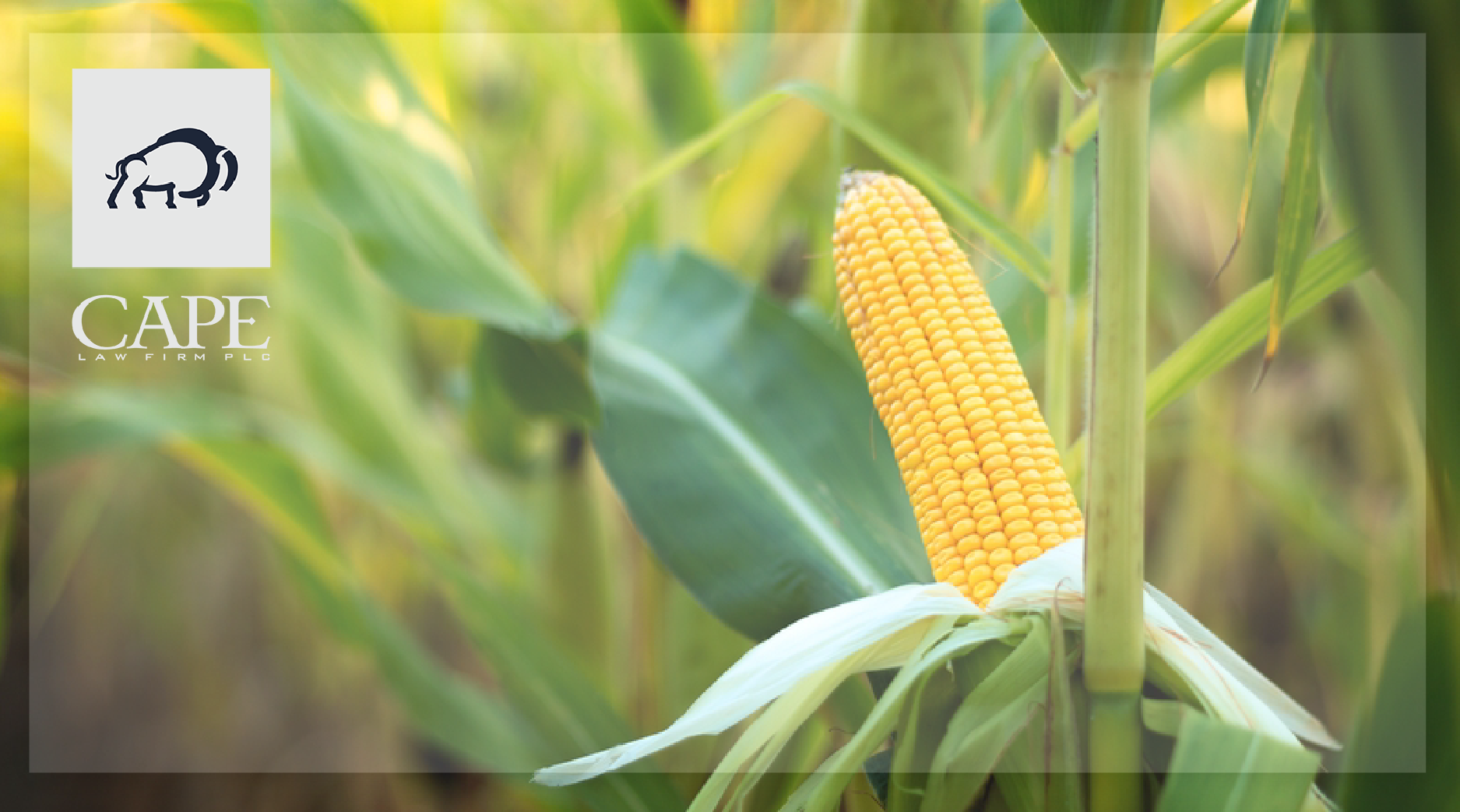Cultured Cell Poultry Gets FDA Approval
Upside Foods, a startup focused on cell-cultured poultry, recently completed a pre-market evaluation of its cultivated poultry (i.e., lab-grown) by the Food and Drug Administration which indicated that the Agency was satisfied with the company’s conclusions that it was safe for human consumption. The FDA’s review marks the Agency’s first completed regulatory review of cell-cultured food. Also known as cultivated meat, it is produced from actual animal cells (often stem cells) which are grown in bioreactors with a mix of nutrients to generate cell growth. Unlike the plant-based meat alternatives, cultivated meat is made of actual animals cells and is biologically identical to poultry harvested from birds.
The next step in the regulatory process for Upside’s cultivated poultry will shift to the USDA which has historically regulated meat under the Federal Meat Inspection Act and the Poultry Products Inspection Act. Under joint agreement between the two Agencies, USDA’s regulatory oversight will engage once the cells are harvested.
Proponents of cultivated meat argue that it can provide meat without the environmental issues of traditional animal agriculture, although the industry faces significant hurdles in production at a scale and price that would be competitive with meat harvested from animals.
Revisions to Uniform Seed Law
The American Association of Seed Control Officials released updates to its Recommended Uniform State Seed Law (RUSSL) in July 2022. The RUSSL is prepared by the Association to serve as “model” legislation for States’ seed laws and federal seed programs and is periodically updated to address evolving issues in the seed trade. These laws are geared to be consumer protection laws that prescribe truthful labeling requirements for agricultural, vegetable, flower, and tree seeds. Some of the latest changes to the RUSSL include:
- Mandatory use of the variety name on labels when the variety has been issued a PVP certificate, even if the certificate has expired;
- Mandatory approval of the variety owner to sell, offer to sell, ship, or deliver a PVP protected variety; and
- Type size conventions for the label’s text which are based on the size of the principal seed label.
These revisions are somewhat of a departure from the consumer protection goal of seed laws since they are primarily directed to protecting the intellectual property rights of variety developers, particularly those under a Plant Variety Protection certificate.
Netherlands to Close up to 3,000 Farms to Meet Climate Goals
The Dutch government announced that it intends to eliminate up to 3,000 farms in the country in order to comply with EU nitrogen emission rules. The plan will offer voluntary buyouts of farms which are reported to be over 100% of the farms’ value. But the buyouts may become compulsory if too few accept the voluntary option. Farms in the Netherlands are viewed as being responsible for nearly half of the country’s nitrogen emissions which are reported to be much higher than in other EU countries. The Netherlands is one of the world’s largest exporters of farm products, including dairy, flowers, vegetables, and eggs. Read more here.





